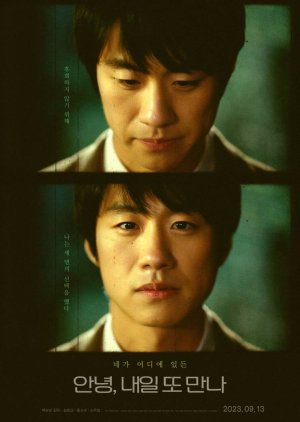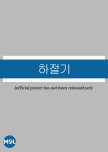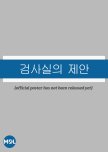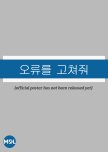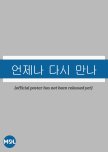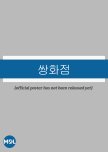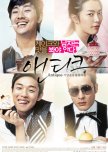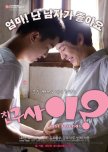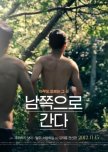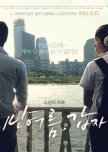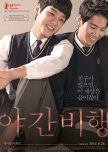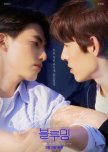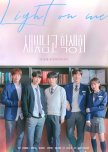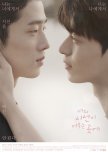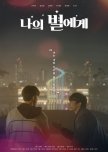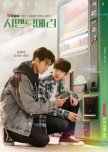
"I just need to balance myself once, and I'll be safe forever"
This film shattered me in ways I cannot describe.Absolutely breathtaking in every way and suffocatingly lovely with excellent cinematography, colours, script, and acting.
The English title of this film is linked to the novel of the same name that refers to the structure of the story. It tells the parallel time and space that the man encounters many years later (2020, autumn: daegu, seoul, and busan) and brings him many references and dialogues to stimulate his inner reflection, especially in every parallel time and space will be interspersed with the memories of the mother on the sickbed or the only friend he was in love in the past, but no matter what, the movie buries the most secrets or the big event between him and his first love, which caused the two to go their separate ways and meet again. Even decades later, this also caused the man to suffer from the mental torture of the incident and the repressed personality shaping in these decades.
What remains unchanged is the fact that his mother passed away and his sister suffered from cancer. He learned to accept the pain he must go through. The constant possibility and modified memory are intertwined together, bringing rich and unique meaning of the same nature, when pointing and is linked to the latest meeting from the last parting between the two, the man will finally take that step, rush to the person he loves, and go with him no matter what. He didn't want to hold back any more, that "see you tomorrow" was a long, long time.
A must watch for it tells us that you can just embrace the one you love, tap your nose with your fingertips, turn your wrist around and make a gesture of praise, even if all the stories end in the same way, the one you love will exist in every universe.
Was this review helpful to you?

A must see. A gem & they should all be very proud
A must watch. It's slow. It's quiet. It is superbly acted. The locations and sets are full of emotional jarring sound ever so quietly. What a gem. I cried out loud.There are multiple POV's/versions of one man's moment in time. It is great story telling. It shows you how you never really know the whole story no matter how much you think you know the person.
This is about survival by more than one person. About how one person makes a difference. Both good and bad. How one decision changes your course.
Most of all,
My wish is one world where we can be at peace, happy and proud to love and be loved as our hearts and minds see fit.
Thank you to all those that made this film.
Please leave encouraging comments to the actors page. They read it!
Thank you.
Was this review helpful to you?
Great film
I stumbled across this film while looking for something good to watch , im so glad i did acting was brilliant as was the story , i was confused to start with as i dont like reading synopsis as it can spoilt my viewing sometimes but loved the meaning behind this, great film to watch , would say this is not a full blown BL , but the main lead is very handsome to watch through out .Was this review helpful to you?

An evocative study of individuality and amendment of loss through a queer lens
Pensively crafted and heartbreakingly depthful, "So Long, See You Tomorrow" offers a devastatingly honest reflection on reconciliation, identity and self-acceptance. The cinematography used to capture its interpretative scenes frames the depths of regret, an overall exposition of adulthood and looking back on the things that slip through our fingers. With numerous references to modern-day art, it draws inspiration from significant works in the literary world—notably "So Long, See You Tomorrow" by William Maxwell, "Giovanni’s Room" by James Baldwin, and "When I Think About Myself" by Maya Angelou. It recycles familiar themes that encircle human life, presenting them with a sci-fiesque touch that brings a sense of peculiarity and deep introspection to the ordinary life of the man explored.Was this review helpful to you?

